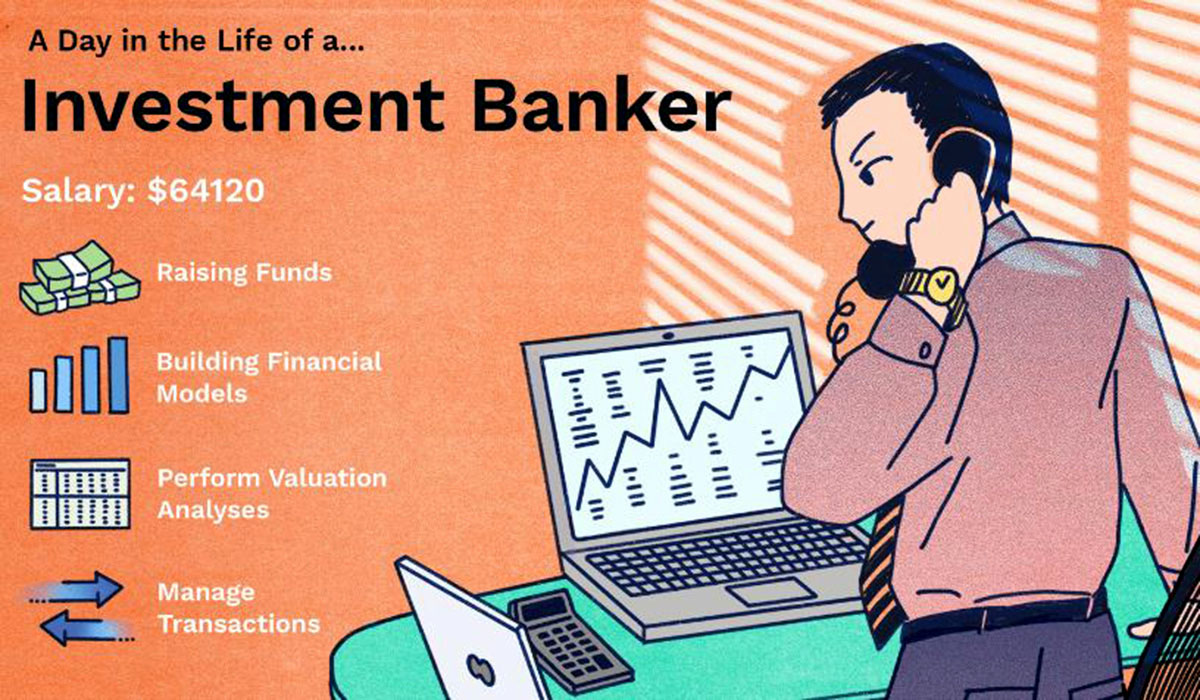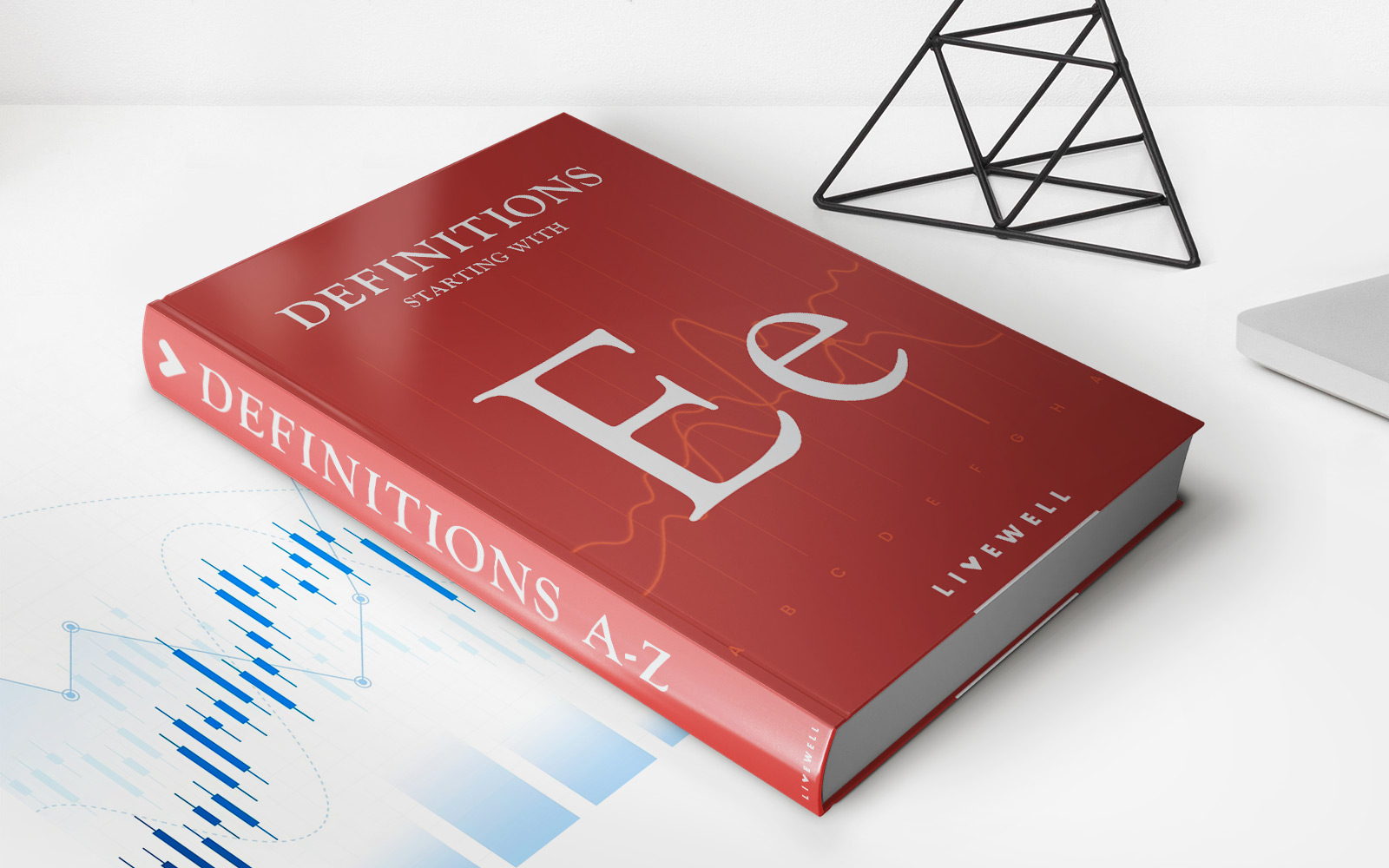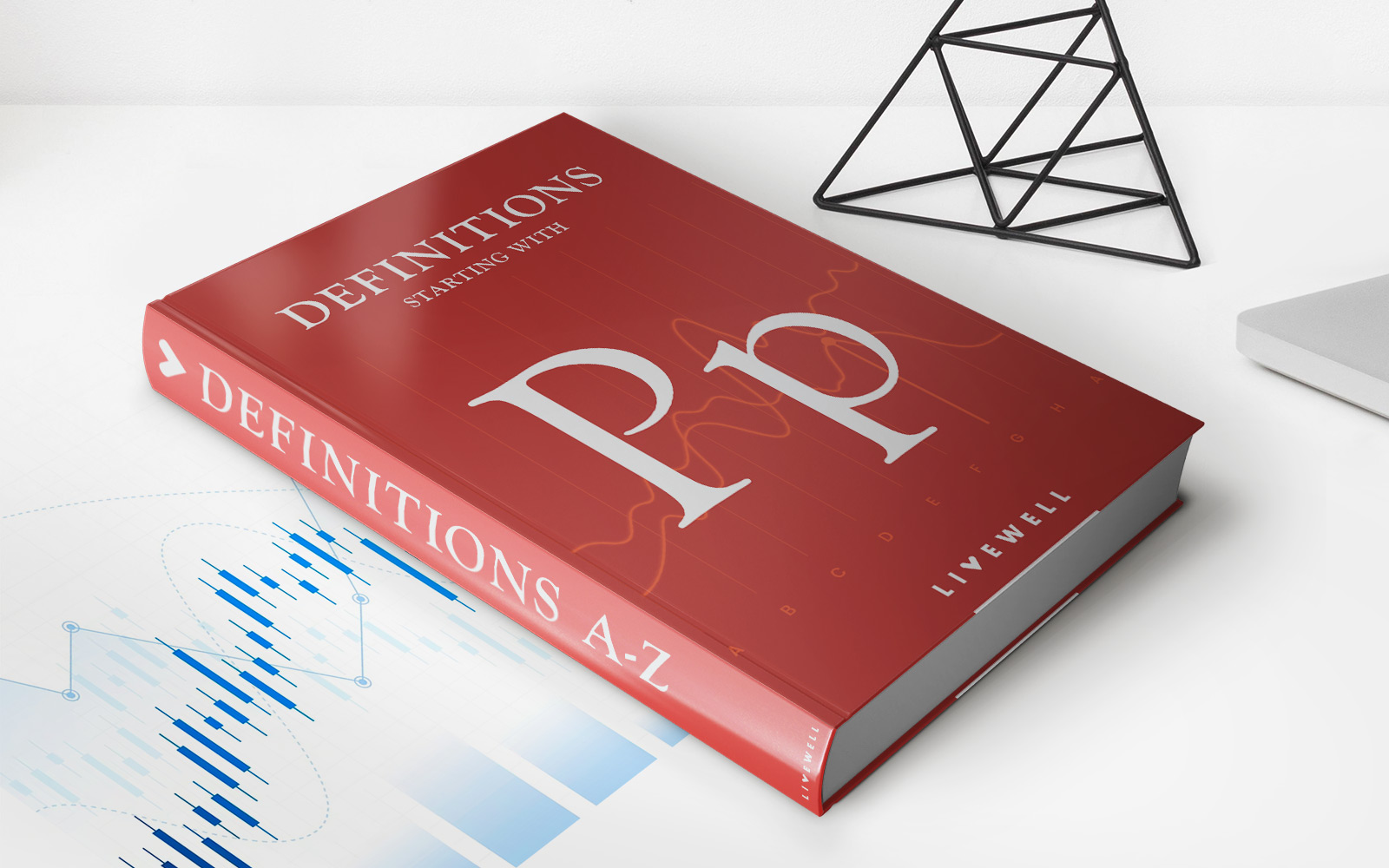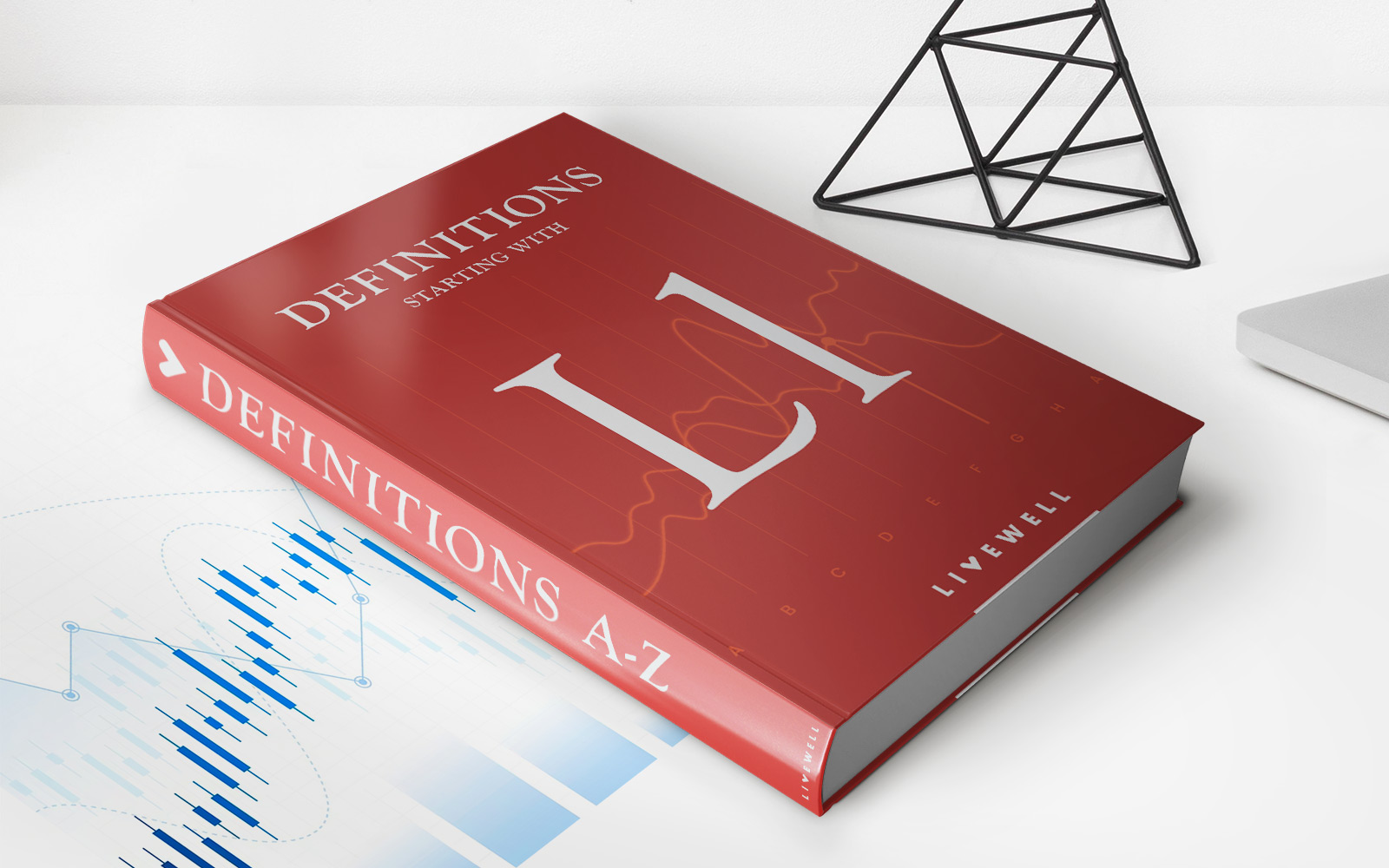

Finance
Hard Loan Definition
Published: December 4, 2023
Looking for a hard loan definition in the world of finance? We've got you covered! Discover what hard loans entail and how they can benefit your financial goals.
(Many of the links in this article redirect to a specific reviewed product. Your purchase of these products through affiliate links helps to generate commission for LiveWell, at no extra cost. Learn more)
Understanding Hard Loans: A Guide to Financial Solutions
When it comes to personal or business finance, there is a wide array of loan options available. One such option that often pops up in financial conversations is a hard loan. But what exactly is a hard loan? In this article, we will delve into the hard loan definition and give you a comprehensive guide to understanding this financial solution.
Key Takeaways:
- Hard loans are short-term loans secured by real estate or other valuable assets.
- These loans typically have higher interest rates and are meant for borrowers who may not qualify for traditional loans.
What are Hard Loans?
A hard loan, also known as a hard money loan or a bridge loan, is a short-term loan that is secured by real estate or other valuable assets. Unlike traditional loans that are issued by banks, credit unions or other financial institutions, hard loans are usually provided by private lenders or investors. These lenders are primarily concerned with the collateral value of the asset and less with the borrower’s creditworthiness.
Hard loans are often used by borrowers who may not qualify for traditional loans due to factors such as a poor credit history or the need for quick funding. These loans are typically favored by real estate developers, house flippers, or individuals in need of immediate cash for investment opportunities. The main advantage of a hard loan is its quick approval process, which allows borrowers to secure funds within a relatively short period.
Although hard loans offer flexibility and speed, they typically come with higher interest rates compared to traditional loans. This is because the lenders are taking on a higher level of risk by offering loans to borrowers who may not meet the strict criteria set by traditional lenders. The interest rates on hard loans may range from 10% to 15%, depending on the borrower’s creditworthiness and the value of the collateral.
When to Consider a Hard Loan
If you find yourself in a situation where traditional loans are not an option, a hard loan may be a viable solution. Here are a few scenarios where a hard loan could be considered:
- Real Estate Investment: Hard loans can be particularly useful for real estate investors who need quick funding to secure a property deal or to renovate a property for resale.
- Credit Issues: If you have a poor credit history or have encountered financial difficulties in the past, a hard loan may offer a lifeline when traditional lenders turn you away.
- Short-Term Financing: Hard loans are designed for short-term financing needs. If you require quick access to funds for a short period, a hard loan might be a suitable option.
- Fast Approval: If you need immediate funding, hard loans often have a quicker approval process compared to traditional loans that involve extensive paperwork and stringent eligibility requirements.
In Summary
A hard loan is a short-term loan secured by real estate or valuable assets. It provides an alternative financing option for individuals or businesses who may not qualify for traditional loans. With higher interest rates but a faster approval process, hard loans can be a lifeline for real estate investors, those with credit issues, or individuals in need of short-term funding. However, it’s important to carefully consider the terms and conditions of the loan and ensure that you have a solid plan for repayment.
Remember, while a hard loan may offer a financial solution, it’s essential to assess your own financial situation and seek professional advice before making any decisions.














